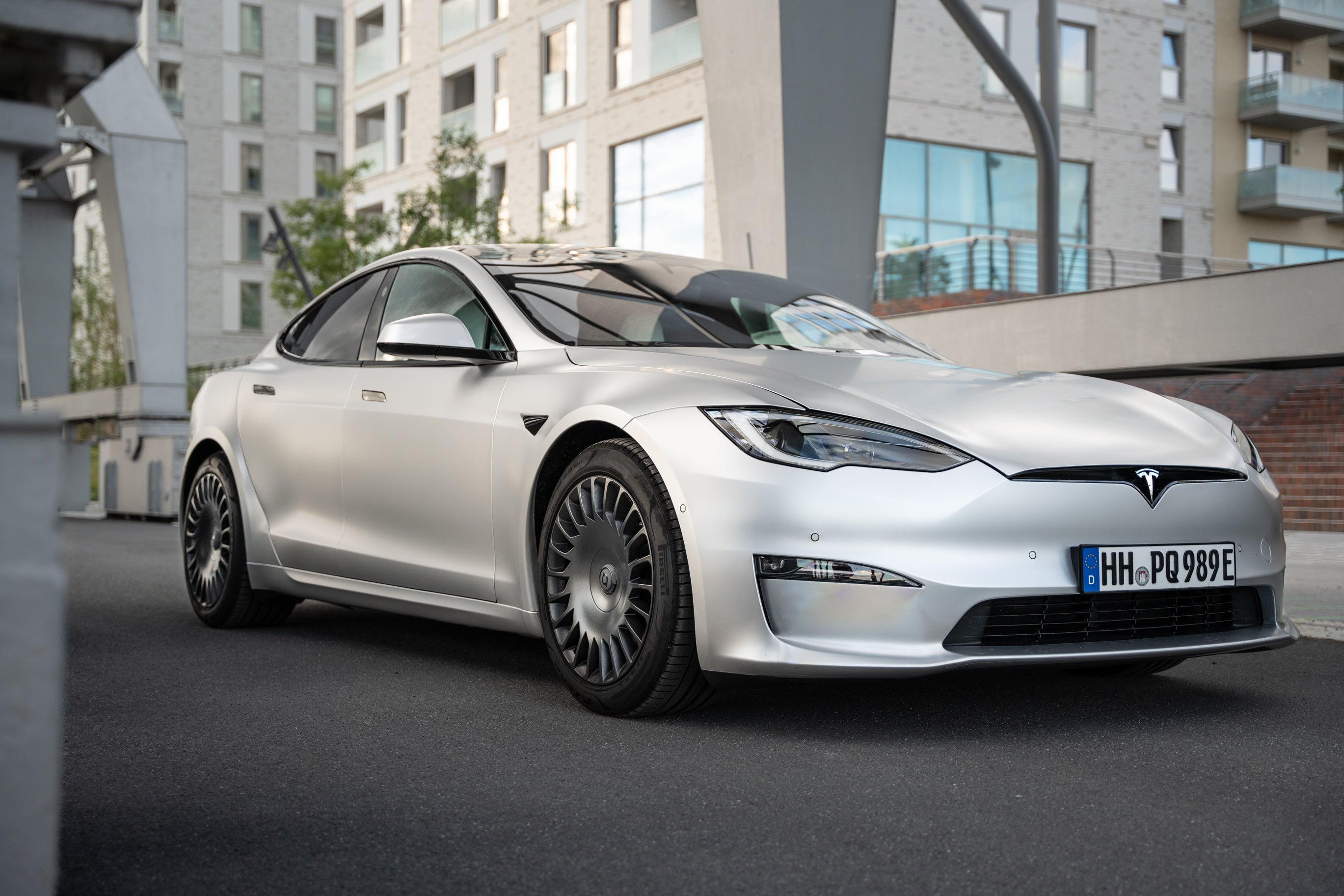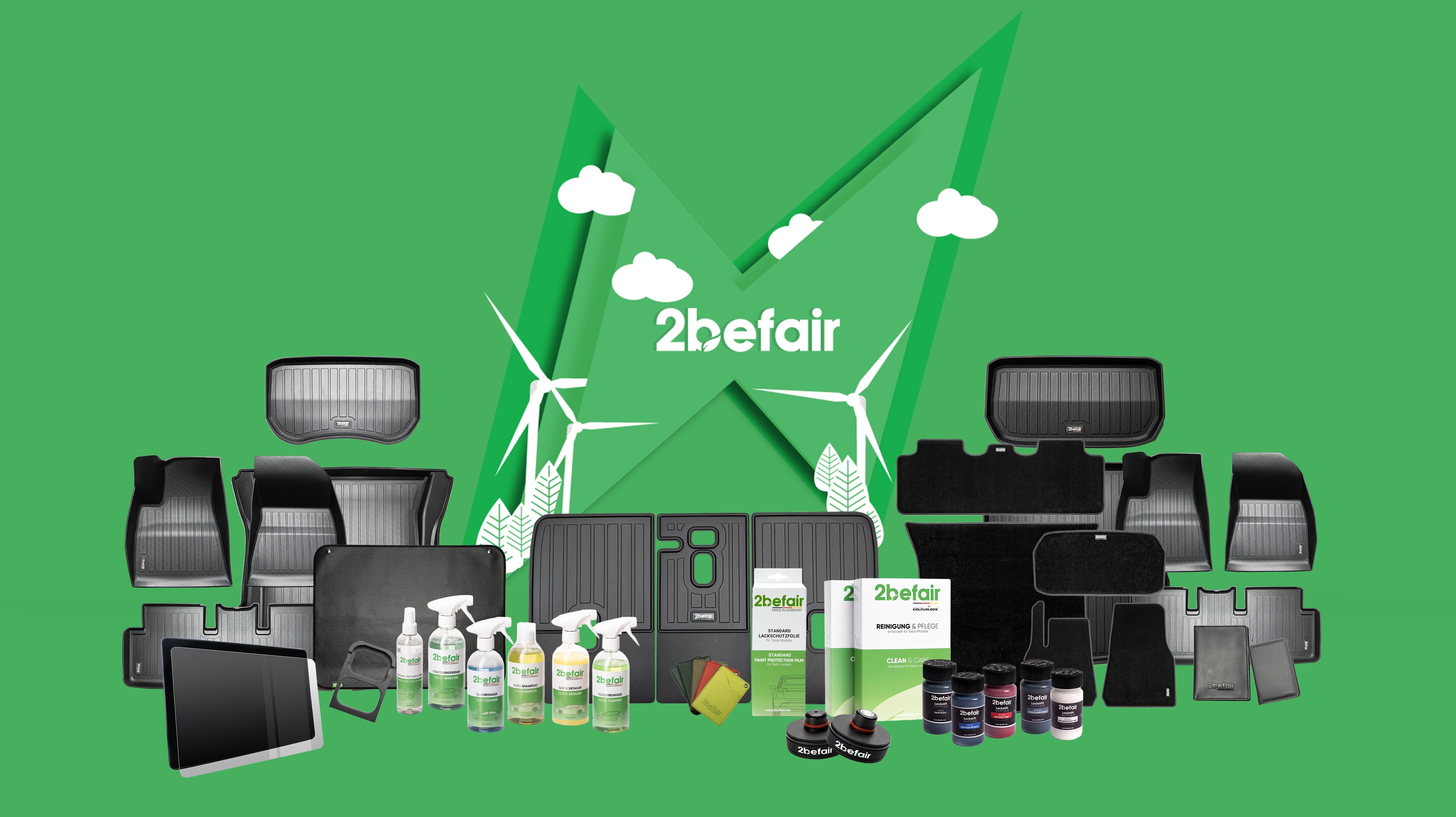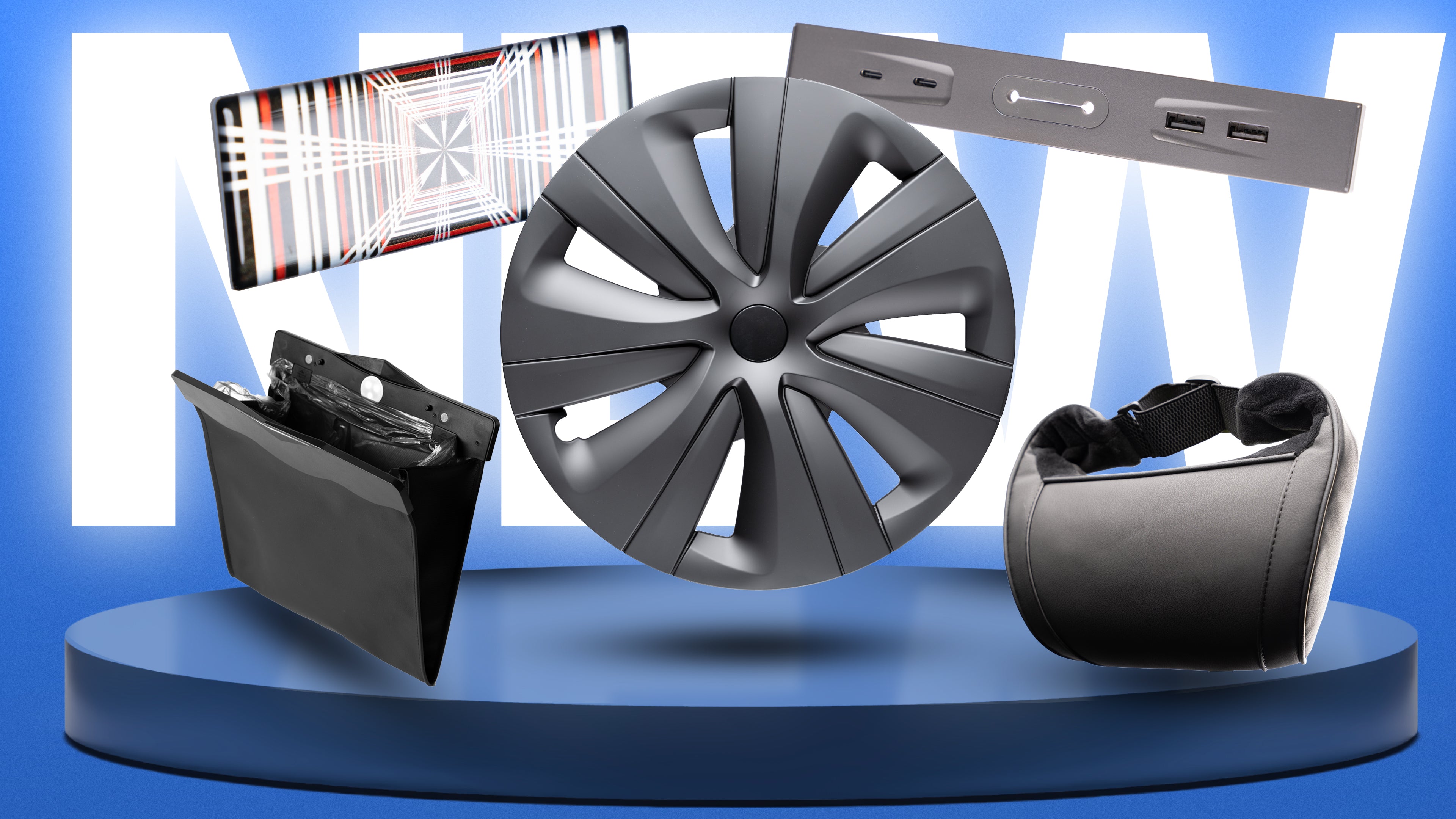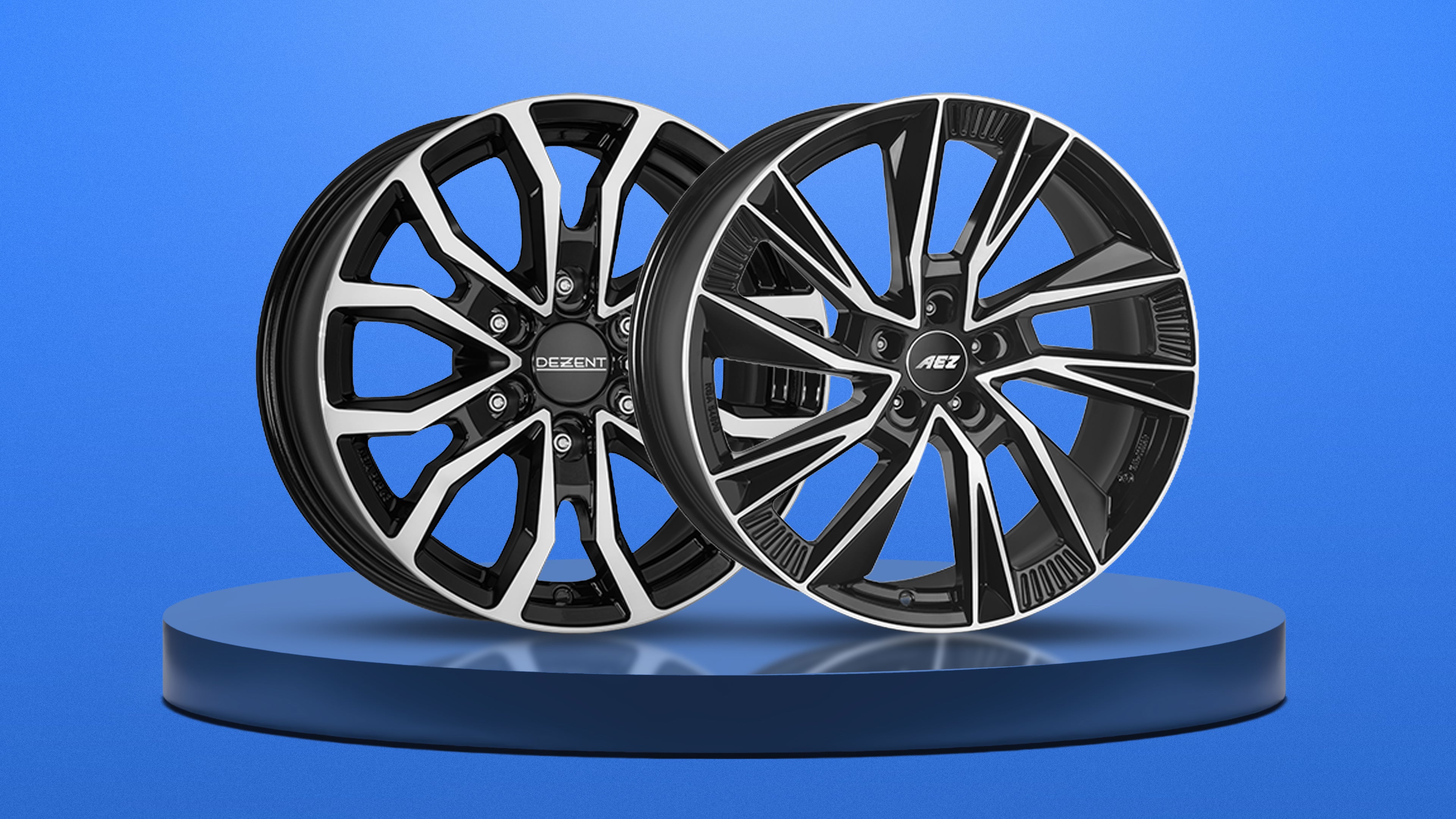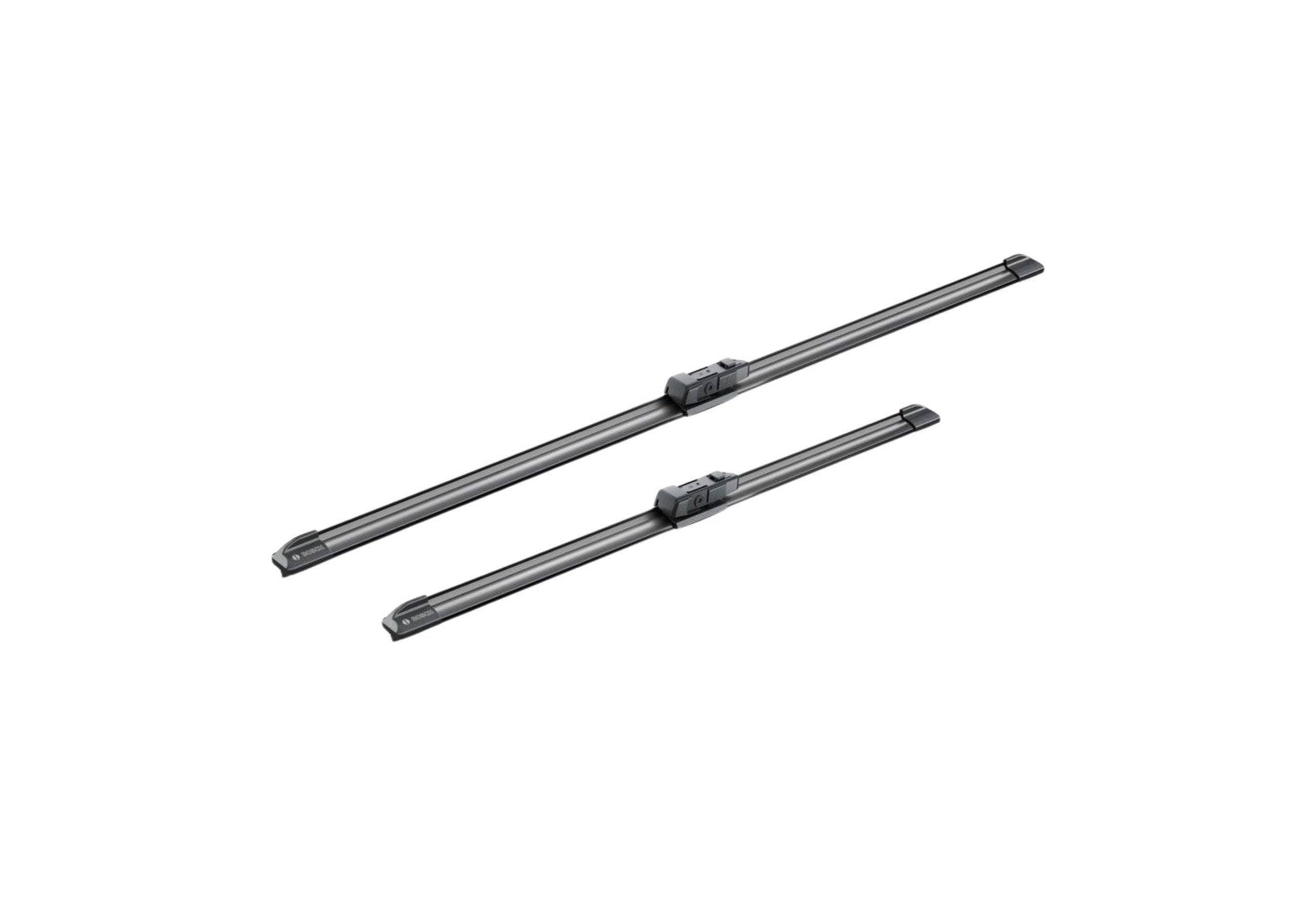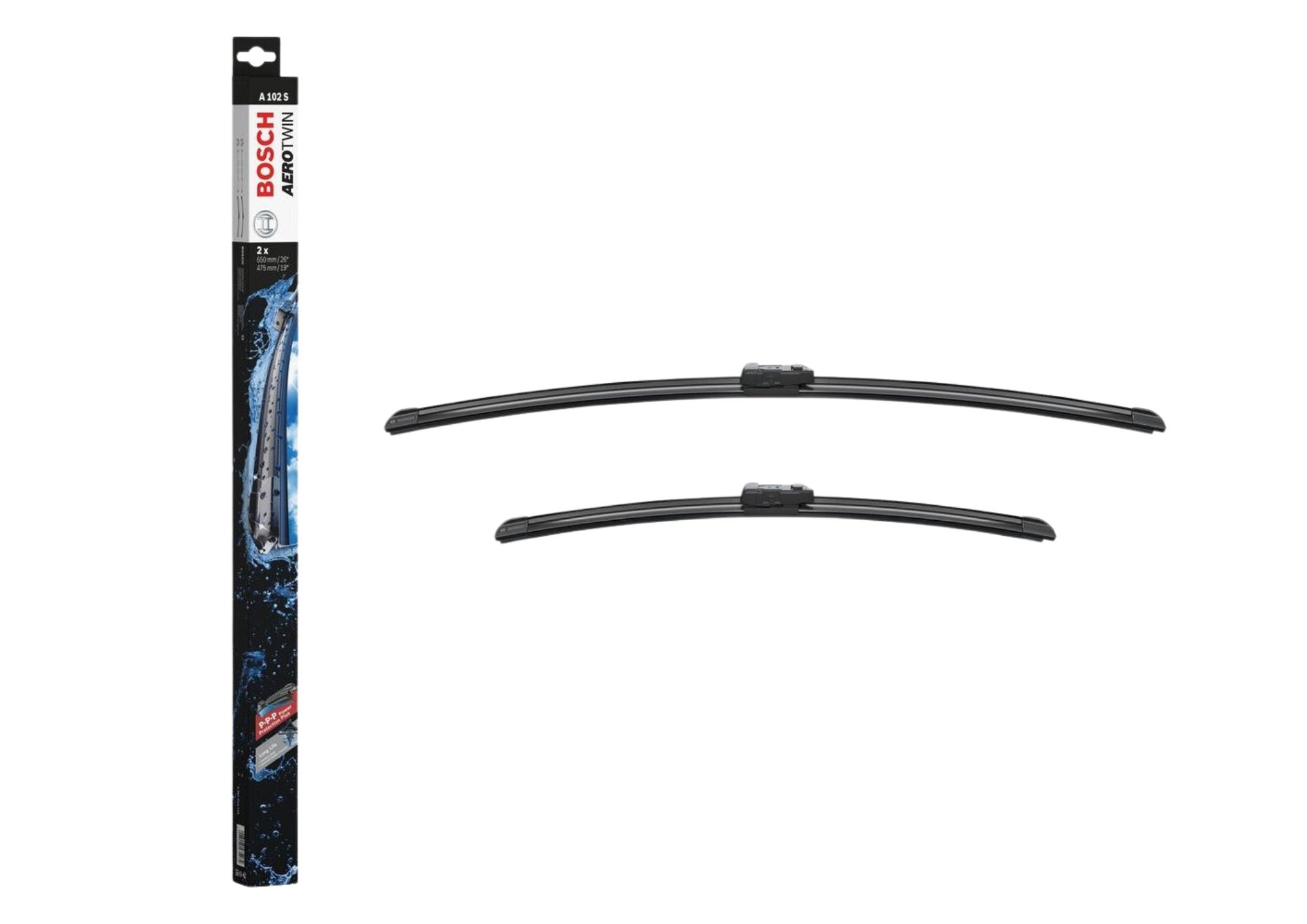Tesla has turned to the Canadian government to secure lower tariffs for its electric vehicles produced in China. The move comes amid increasing tensions over high import tariffs on Chinese products, which are being discussed in Canada as well as other countries such as the US and the EU.
Background: Canada's tariff policy for Chinese electric cars
The Canadian government is planning to impose a new additional duty of 100% on electric vehicles from China from October 1, 2024. This duty is in addition to the existing 6.1%. Canada is thus following the example of the USA, which also introduced a 100% punitive tariff on Chinese e-cars in May 2024. The EU is also planning similar measures. The aim of these tariffs is to protect the domestic automotive industry, as Chinese manufacturers benefit from state-subsidized overcapacity and less stringent environmental and labour standards.
These measures have met with criticism, particularly from the Chinese government, which sees them as an act of unfair competition. Also Tesla, which exports its Models 3 and Y from the Gigafactory in Shanghai to Canada, is also severely affected by this tariff policy.
Tesla asks for exceptions
According to a report from Reuters Tesla has approached the Canadian government to obtain a reduction in tariffs for its electric cars. Tesla The Canadian government is demanding similar conditions to those in the European Union, where the car manufacturer was able to obtain lower tariffs following a successful recalculation. Thus Tesla was able to reduce the tariff for its Chinese imports in the EU from the original 20.8% to 9%. For Canada Tesla is now also hoping for a special arrangement in order to remain competitive.
Tesla has not yet provided any official information on the export figures for its vehicles from Shanghai to Canada. However, vehicle identification numbers (VIN) indicate that the vehicles produced in China Tesla-models 3 and Y produced in China are increasingly being sold on the Canadian market. In 2023 alone, car imports from China via the port of Vancouver increased by 460%, which is mainly due to the export of Tesla-vehicles is to thank.
Competition and geopolitical tensions
The tariffs are not only an economic issue, but also a geopolitical one. The USA, the EU and Canada have concerns about the strong growth of the Chinese electric car industry, which is becoming more competitive thanks to state support. However, China's government rejects all accusations and sees the tariffs as an unfair trade barrier.
In Canada, the industry is concerned that it could become difficult to compete with the low prices of Chinese electric cars if there is no tariff relief. Tesla, The Canadian company, which wants to assert itself in a growing market for electromobility, sees the high tariffs as a threat to its market position.
Can Tesla also be successful in Canada?
Tesla has already achieved success in the EU with the reduction of tariffs and is now hoping to repeat this success in Canada. With the increasing demand for electric vehicles and the growing importance of China as a production location, it remains to be seen how the Canadian government will react to Tesla's concerns.
The tariff issue could be crucial in keeping electric vehicle prices at a competitive level and further driving the transition to electric mobility.















